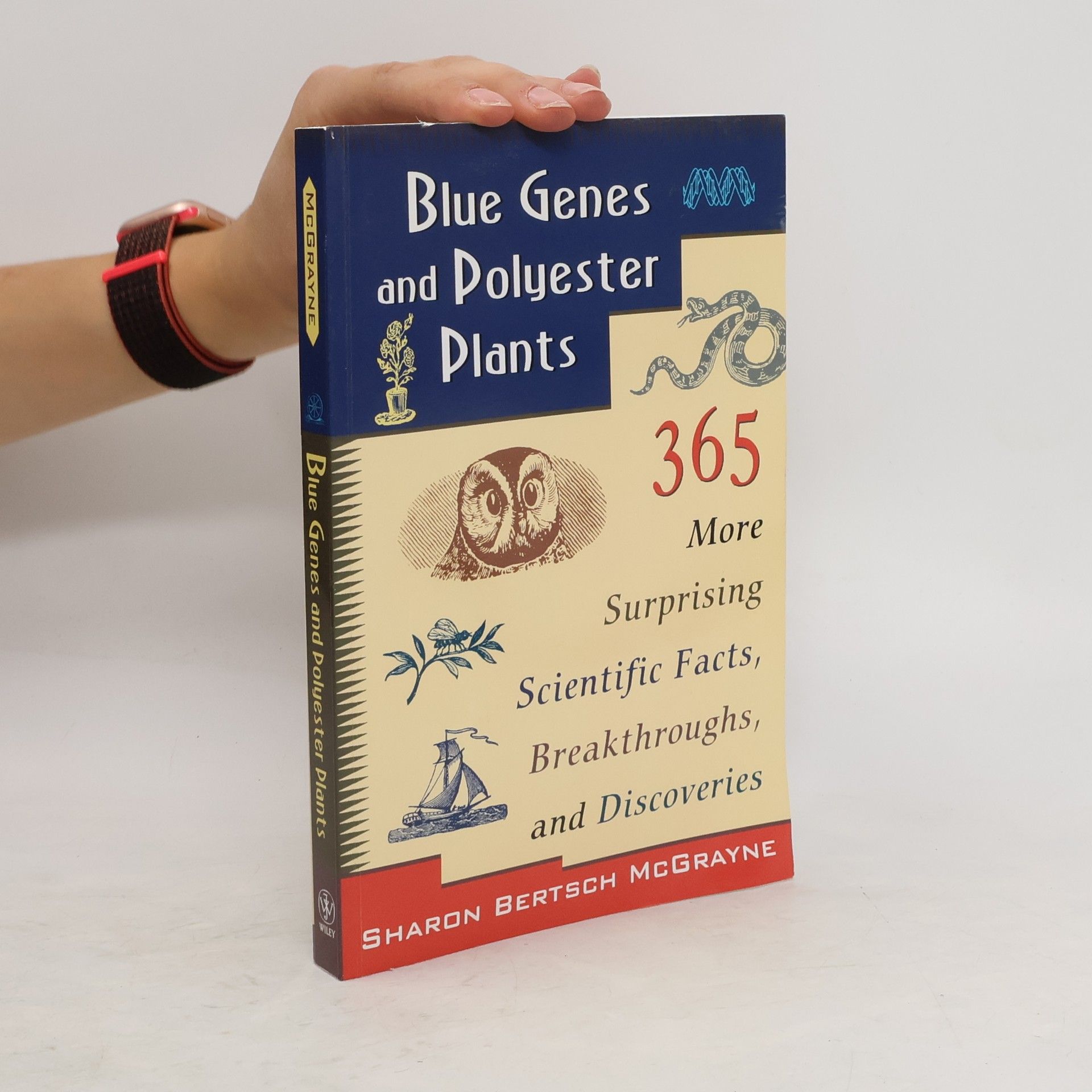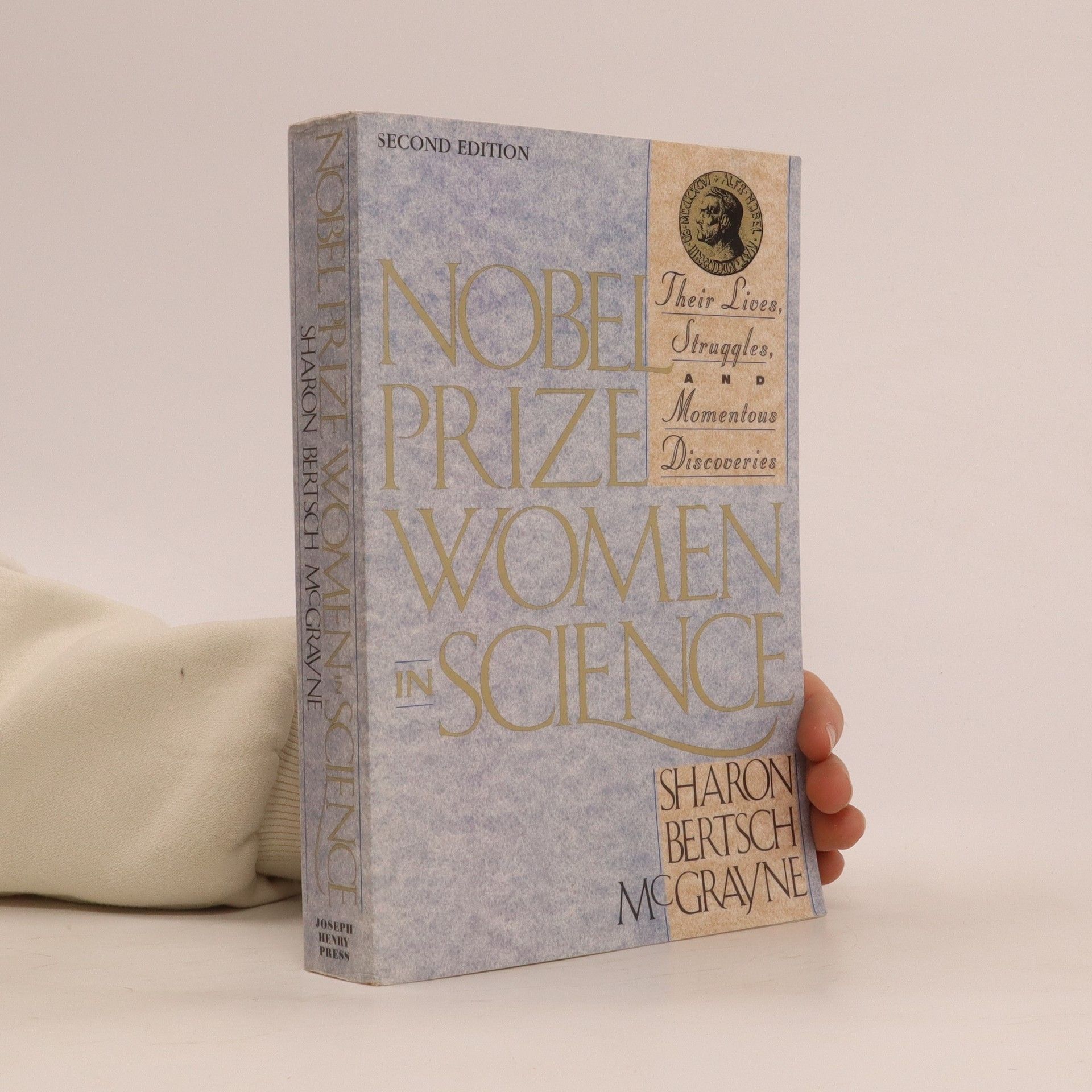A Lab of One's Own
- 288pages
- 11 heures de lecture
Colwell, the first female director of the National Science Foundation, discusses the entrenched sexism in science, the elaborate detours women have taken to bypass the problem, and how to fix the system. When she first applied for a graduate fellowship in bacteriology, she was told, "We don't waste fellowships on women." Over her six decades in science, as she encounters other women pushing back against the status quo, Colwell also witnessed the advances that could be made when men and women worked together. Here she offers an astute diagnosis of how to fix the problem of sexism in science-- and a celebration of the women pushing back.--



